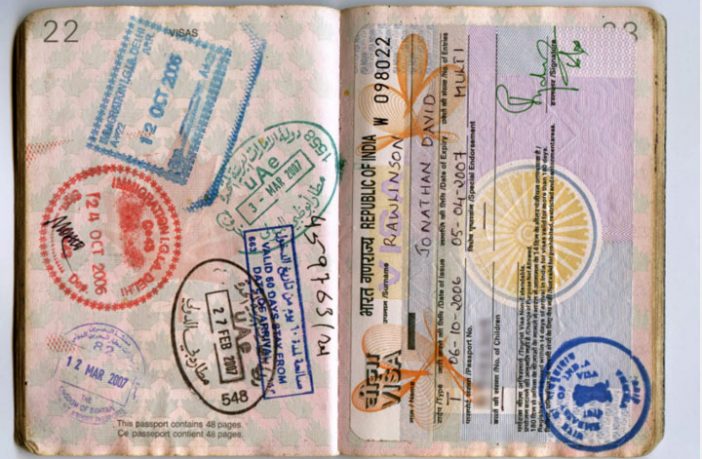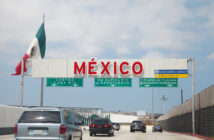Citing heightened security risks, the U.S. is halting immigrant visas for six countries: Nigeria, Kyrgyzstan, Myanmar, Eritrea, Sudan and Tanzania. The new restrictions take effect February 22.
“It’s a serious step, which should be construed as recognition of exactly how poor those countries’ policies and practices are with regard to safe, readable and counterfeit-resistant travel documents,” noted Dan Cadman of the Center for Immigration Studies.
“It also suggests that they do little or nothing to aid the United States in the identification of their own nationals, which is critical if our federal immigration and consular officials are to engage in the kind of robust vetting of visa applicants we have a right to expect.”
All of the countries except for Kyrgyzstan have been dinged by federal immigration officials forrefusing to accept the return of individuals ordered removed for violation of U.S. laws, or for delaying the required repatriation documents.
Nigeria is the largest nation affected by the order. As of 2017, some 348,000 Nigerian immigrants lived in the U.S., making it the top birthplace among African immigrants here. Nigeria also had the highest number of visa overstays of any African country in 2018, as well as one of the highest rates of visa overstays of any country worldwide.
Given Nigeria’s terrorist connections, it’s curious that the U.S. did not extend restrictions to nonimmigrant visas, as well. After all, a terrorist could be just as likely, if not more so, to try entering the U.S. on tourist visas, student visas, work visas, etc. If the U.S. has problems with authenticating documents for an immigrant visa, the process will be no better, and probably less so, on a temporary visa.
While acknowledging national security concerns as the reason for restrictions on immigrant visas, a Department of Homeland Security official expressed confidence that all six of the listed nations “will be able to make improvements in their system in a reasonable period of time.”
Meanwhile, for the foreseeable future, Americans are left to hope and pray DHS is right about this one.





1 Comment
Pingback: Justice Department Indicts Chinese Military Officers in Massive Data Breach. So Why Isn’t China Facing a Visa Ban? - 247 News Around The World